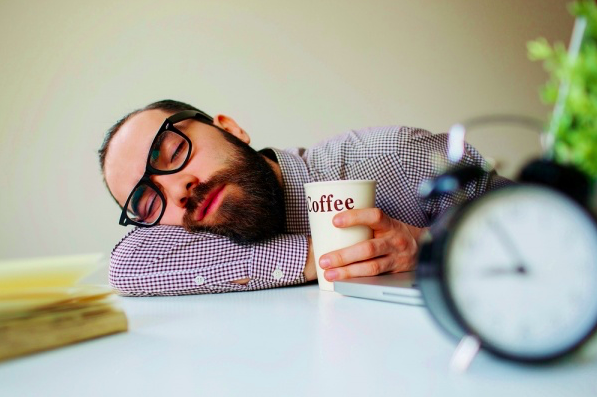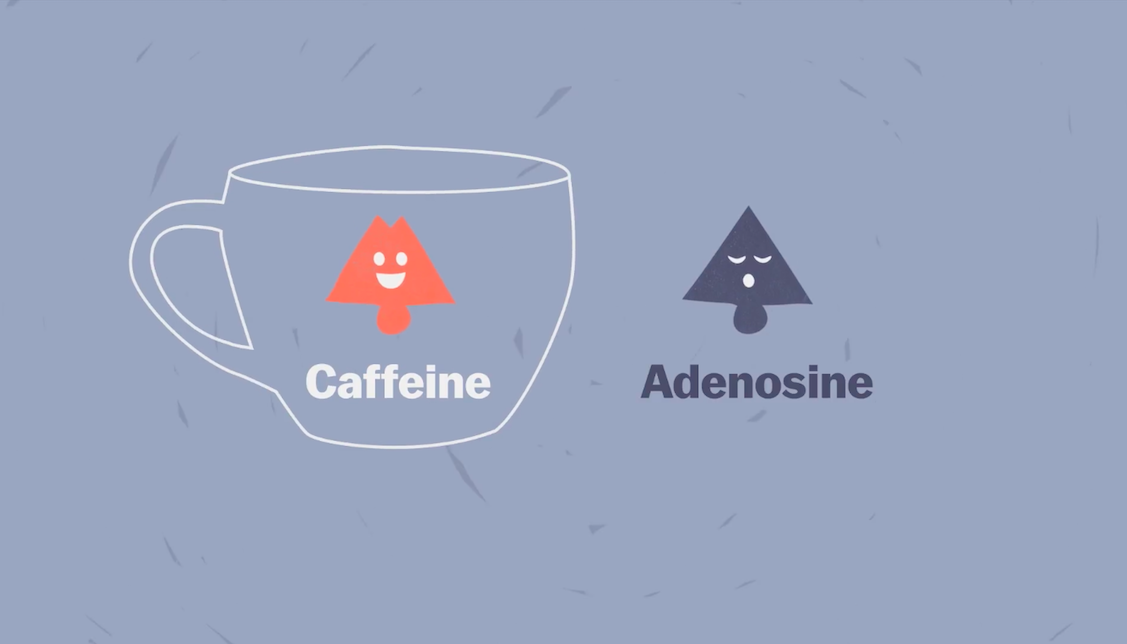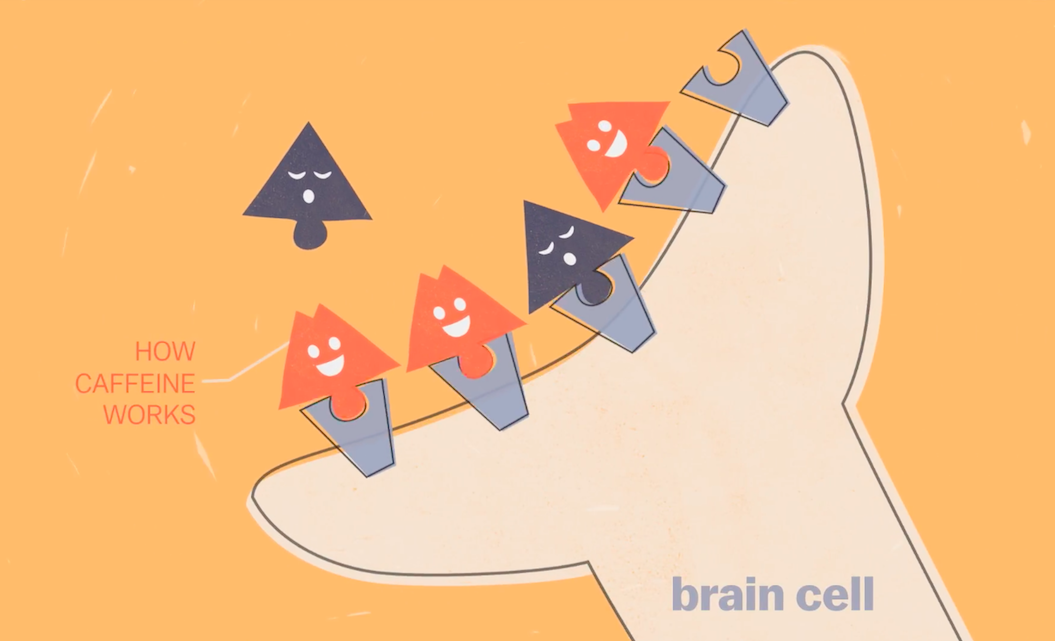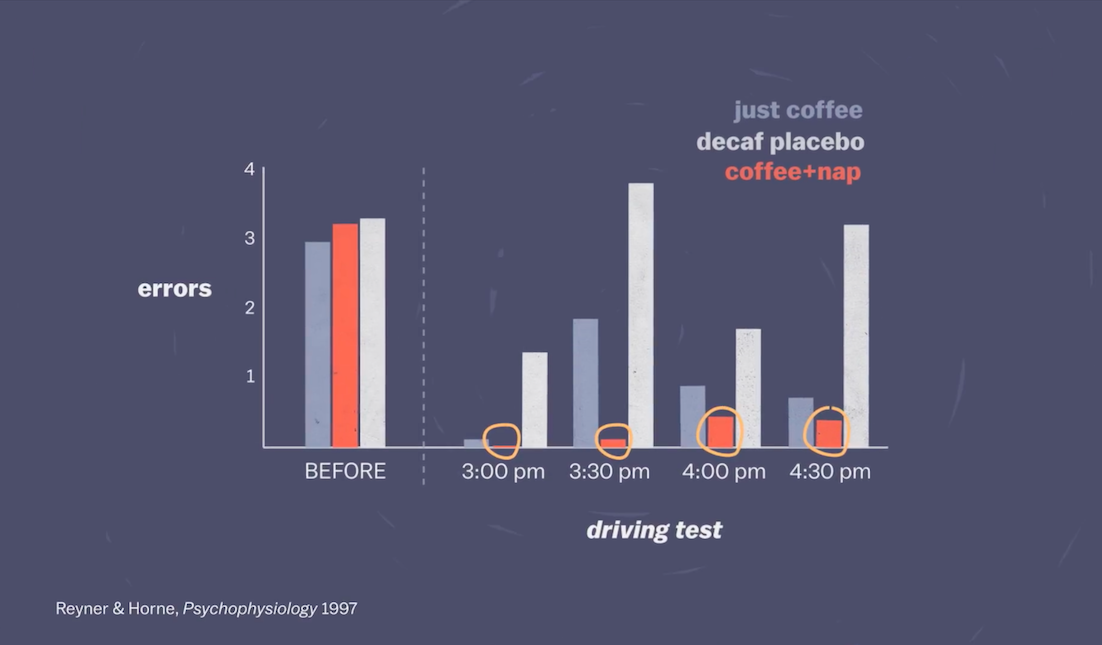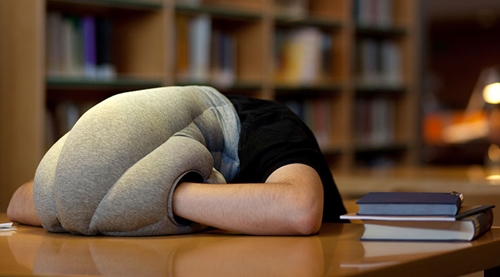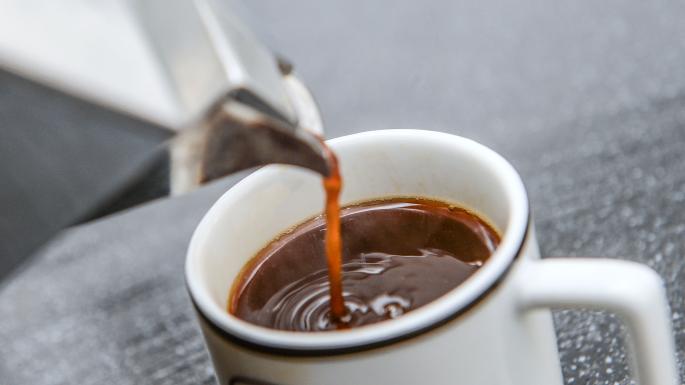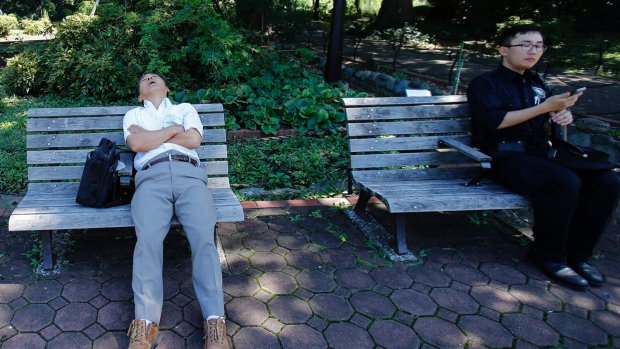All You Need To Know About Coffee Naps & How It Can Help You Feel Less Sleepy After Lunch
It's worth a (caffeine) shot!
What's a more effective way to keep you alert during a sleepy afternoon than drinking coffee or taking a nap?
According to several studies, drinking coffee, and then taking a nap.
'Caffeine nap.' This may sound counterintuitive since caffeine is known to interfere with sleep, but the stimulant effects of caffeine take a while to kick in.
Several scientists kept this in mind and conducted studies to determine the key to maximising alertness by experimenting with chemistry and timing.
Their results? Consuming caffeine, taking a nap, and then waking up 15 to 20 minutes later works better at restoring cognitive function and combating fatigue than either drinking coffee or taking a nap alone.
The effectiveness of caffeine naps boils down to body chemistry
More specifically, how caffeine, adenosine, and sleep each affect the brain.
Adenosine, a byproduct of brain activity, is a molecule that plugs into receptors in the brain and makes us drowsy by slowing down our neurons throughout the day.
Caffeine keeps the brain from slowing itself down, and chemically, caffeine looks like Adenosine.
Once caffeine is consumed and absorbed through the small intestine, the bloodstream, and the brain, it fits into some of the receptors and blocks Adenosine from filling them all.
This process takes approximately 20 minutes, Vox reported.
Here's the beauty of caffeine naps - sleeping clears Adenosine from the brain, so caffeine is left with no competition
Caffeine can then fill all the receptors and have an even greater effect when it kicks in 20 minutes later.
"When it's time to wake up, you're getting the benefits of the caffeine perfectly timed with the nap sleep benefit," sleep researcher Dr. David Dinges told The Huffington Post.
The caffeine nap phenomenon is also backed up by scientific studies
According to Vox, the phenomenon of 'coffee napping' was actually discovered by British scientists at Loughborough University, who were researching methods to combat driver sleepiness.
The scientists conducted an experiment called 'Suppression of Sleepiness In Drivers: Combination of Caffeine With A Short Nap' - they measured brainwaves of 12 participants in a driving simulator, and found that those who drank coffee immediately before taking a 15-minute nap were the most alert of the group.
Those who took coffee naps beforehand committed fewer errors while driving compared to those who were given only coffee, only took a nap, or were given a decaf placebo. While there was a significant mid-afternoon sleepiness "peak" exhibited by the other groups, this sleepiness peak was eliminated entirely in the caffeine nap group.
Meanwhile, a Japanese study involving 10 participants showed similar results.
The experiment revealed that those who took a 20-minute caffeine nap before taking in a series of memory tests performed significantly better than those who either only took a nap, took a nap and then washed their faces, or had a bright light shone in their eyes.
There is also evidence that caffeine naps can help people go for long periods of time without proper sleep
In a 1994 study, 24 subjects went without proper sleep for 24 hours, taking only short naps.
The twelve who were given a placebo performed significantly worse on a series of cognition tests compared to their baseline scores, while the twelve who had caffeine before their naps matched their baseline scores throughout the day.
The results showed that the combination of nap and caffeine was the most effective in maintaining "nocturnal alertness."
Here are some guidelines to follow for the most optimal caffeine nap:
According to NBC News, coffee is recommended as opposed to sugary drinks or tea. However, research indicates that regardless of the type of beverage, at least 200-250 mg of caffeine should be consumed.
Studies have also shown that napping for longer than 15 to 20 minutes will render caffeine naps less effective.
This is because the brain is more likely to enter deeper stages of sleep, otherwise known as 'sleep inertia,' which will require some time to recover from. Shorter naps have been proven not to lead to this.
For those who have trouble falling asleep quickly, experiments have indicated that caffeine naps can still work better than coffee or a nap alone. "Even just drinking caffeine and getting a few minutes of restful half-sleep half-awakeness is going to make you feel more alert when you get up 20 minutes later," Vox reported.
